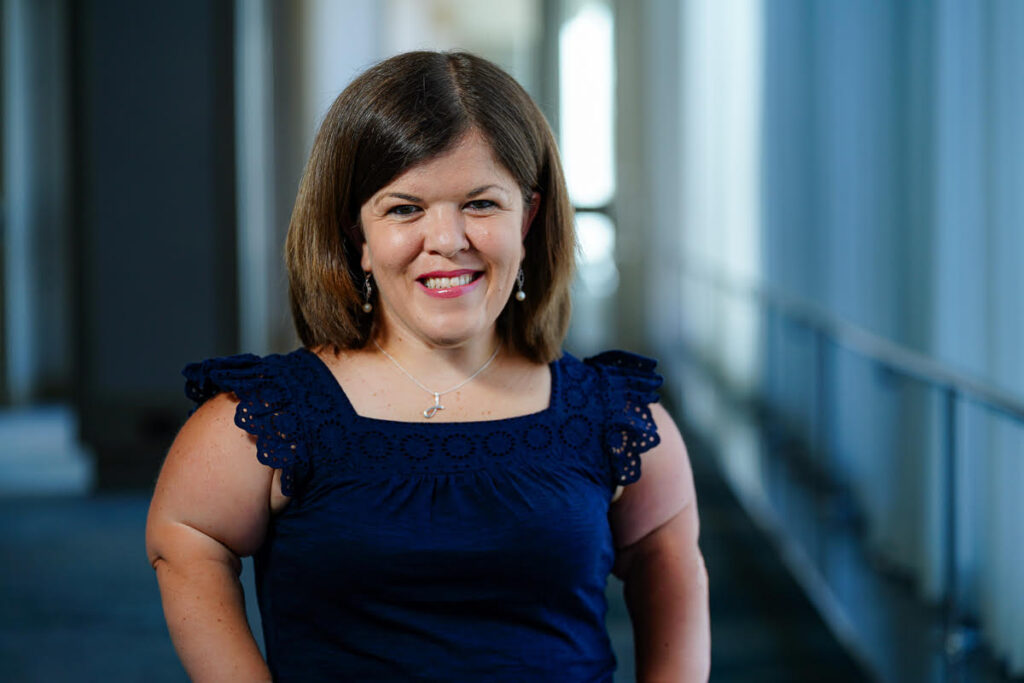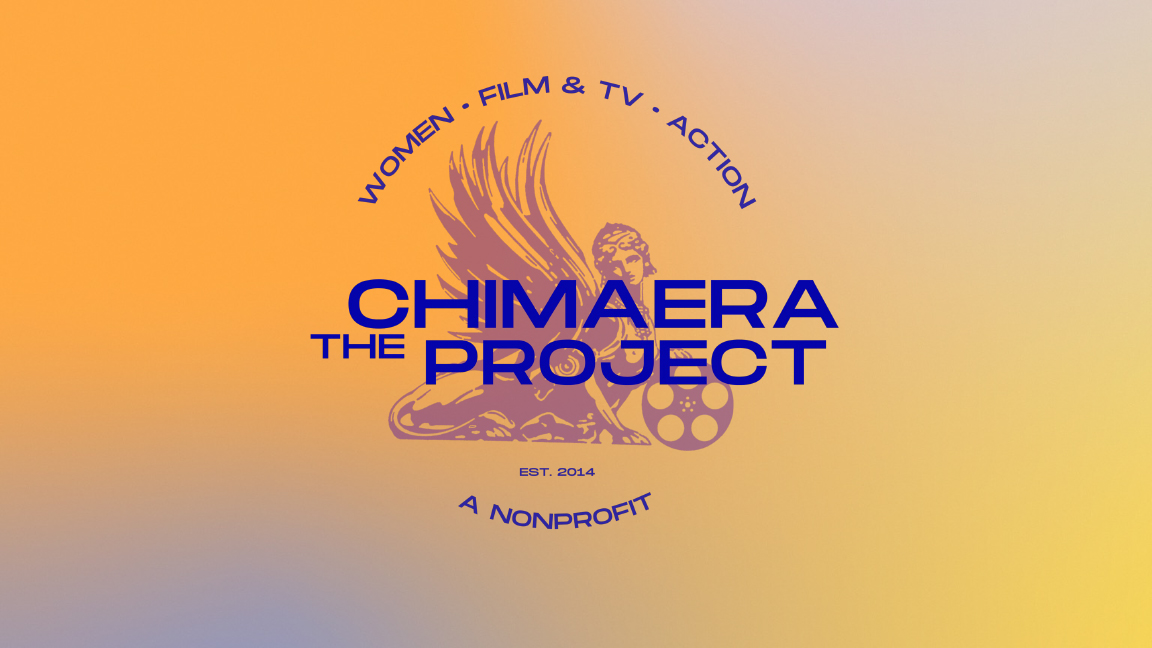
Becky received her Bachelor of Science in Marketing from Providence College, where she gained a passion for influencing authentic portrayals of people with disabilities in the media and society as a whole. Upon graduation and after 1,000 job applications, 100 interviews, and three temporary job assignments, Becky started working in the Entertainment Marketing department, followed by the Comedy Touring department, at Creative Artists Agency, the world’s leading entertainment and sports agency. Five years later, she worked at CBS Television Studios, where she assisted with the casting of pilots and television series. During this transition, she also served as the Marketing Director and Co-Founding Board Member of the Catalina Film Festival. She also founded DisABILITY In Media, which focuses on positive disability inclusion storytelling through social media.
More recently, she spent three and a half years working in the Equity & Inclusion department at Screen Actors Guild-American Federation of Television and Radio Artists (SAG-AFTRA), the world’s largest entertainment union. At SAG-AFTRA, she supported the implementation of a national diversity plan of action to achieve accurate representation of those groups historically excluded from the entertainment and news media.
Becky currently serves as Employment Chair of Little People of America (LPA). She’s also a member of the Board of Advisors for the National Center on Disability and Journalism (NCDJ) at Arizona State University, Allworthy, Positive Exposure, Understanding Our Differences, and Verizon’s Disability Advisory Board.
In high school, Becky took an interest in public speaking and participated in Forensics and Toastmasters clubs. While attending Providence College, she co-founded the Providence College chapter of Toastmasters International. Becky began her motivational speaking career in 2011. Since that time, she has spoken at over 450 venues, including schools, corporations, nonprofit organizations, and government agencies, throughout the United States, Canada, and Kenya. She was the keynote speaker in Nairobi, Kenya, where she helped launch the little people organization of Kenya in 2013. She delivered her first TEDx Talk in 2014 and second in 2020.
Becky was born with achondroplasia, the most common type of short-limbed dwarfism. She stands 4 feet tall. Both of her parents and older sister are “average” height. Her parents always taught her to keep a positive outlook, no matter how harsh the outside world may be. She grew up participating in sports such as sailing, skiing, soccer, and swimming, amongst her “average” height peers. When people ask her about whether or not she likes being a little person, she always has the same answer. “I never want to change but I want the way the outside world reacts to my difference to change.”
There are only 30,000 little people living in the United States. Of the 30,000-little people, there are over 400 types of dwarfism. Unfortunately, little people are constantly faced with a combination of negative perceptions built by the media and lack of human interaction with such a small population. They’re human, just like everyone else. People with dwarfism are able to do everything average height people can, which includes but isn’t limited to riding bikes, playing sports, driving cars, traveling (which Becky does her fair share of), along with having fulfilling careers and families. They just may need a stool or simple ADA accommodations. Everyone, even those without any type of legally accepted or visible disability, can fall prey to self-defeating thinking by focusing on what they can’t do and comparing ourselves to others.
As a motivational speaker and advocate for inclusion everywhere, Becky strives to teach acceptance while educating and motivating all people to establish goals and work hard to accomplish them. She’s ready to come share her story, enlighten and motivate you, your colleagues, and communities.
SPEAKING TOPICS:
*Building A More Inclusive School Environment: Students with disabilities should feel a sense of welcoming, belonging, along with opportunities to be actively engaged in all facets of the school experience from the moment they enter the gates and beyond. When students are able to bring their whole selves to school, you’re able to minimize what neuroscientists call the ‘social pain of exclusion,’ helping ensure that people are able to be their most productive. The “social pain of exclusion” refers to the phenomenon that social rejection activates many of the same regions of the brain as physical pain. By helping students with disabilities feel included, the school can gain students who are dependable, loyal, and more likely to finish the education they started. Inclusion also create a safe environment that promotes strong connections between employees and students as well as the school, leading to better performance, higher engagement, and greater innovation. During this speech, Becky Curran Kekula will share her personal and professional journey, as a person with a physical disability, along with making recommendations for a more inclusive college environment.
*Building A More Inclusive Work Environment: 1,000 applications. 100 interviews. Four months. Three temporary positions. This may sound like the premise for this holiday season’s new comedy – but it’s not. It is, however, the real-life experience of Becky Curran Kekula, who ended up working in the film industry for the first part of her career. Key takeaways: Educate and inspire all employees to actively practice self-awareness and acceptance in the workplace; Empower hiring managers to practice rigorous self-awareness of unconscious biases and related risks in order to enable fair and equitable people decisions, Learn how unconscious bias can affect the hiring process.
- Pinterest Portfolio: https://www.pinterest.com/beckycurrankekula/becky-motivates
- Speaking Videos: https://youtube.com/beckymotivates
